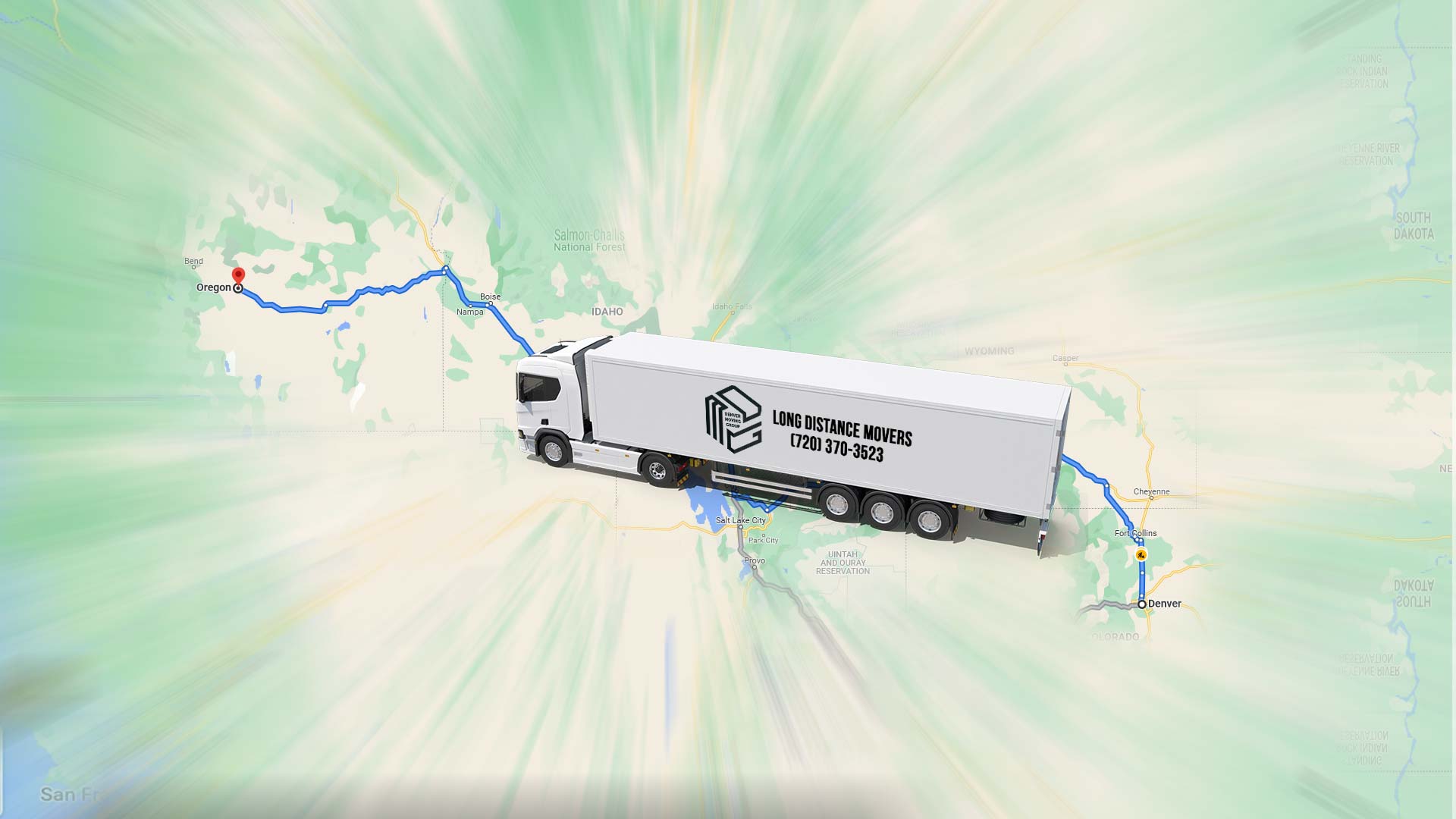Moving out of state is a significant change, and many people choose to hire professional moving companies for their services.
When deciding which long-distance moving company to use, it’s essential to read reviews of each moving company and look for online complaints about the business. Asking friends or co-workers for recommendations is another good way to find a reliable Denver mover.
Reliability and accountability are critical when there are so many moving companies out there. You want a company that arrives on time and doesn’t damage your belongings during the move.
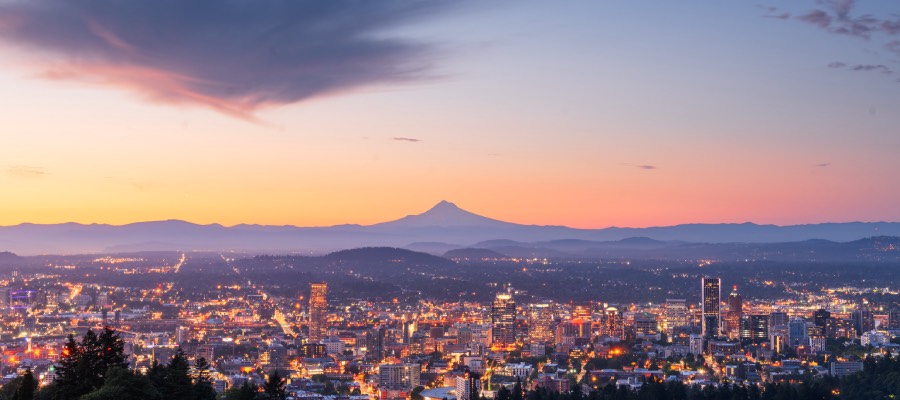
How much does it cost to move from Denver, CO, to Portland, OR?
The average cost of a long-distance move within the US is $2,440 between cities 800 miles apart. For example, moving from Denver to Portland would be approximately 1,240 miles.
The average cost for moving a two-bedroom home range between $2,845 – $3,590. The price is influenced by the time of the year, how much stuff you have, and if you need packing service for fragile items. For example, if you have more things to pack and transport, then expect to pay more.
Obtaining free moving estimates
The best way to obtain a binding moving estimate for your out-of-state move is by scheduling in-home walkthroughs with moving companies in Denver, CO. Cross-country movers in Denver must offer this service for free.

Never pay a large deposit over the phone.
You should avoid paying any money before you meet with a moving company, which is why it’s important to find the best mover in Denver. Reputable moving companies in Denver, CO, will never ask for more than $100 to reserve a move.
Find Reliable Movers in Denver, CO
Reliable moving companies in Denver, CO offer a variety of services, including:
- Full-service moves (packing and unpacking)
- Packing materials available upon request
- Specialized equipment for transporting high-value items
- Storage facilities if you need them between homes
- Transportation of your vehicle if needed
- Insurance for damages
About Oregon
Oregon is one of the four western states that make up the Pacific Northwest. The landscape of Oregon includes volcanoes, dense forests, and rugged mountains. There are also many lakes, rivers, streams, and sandy beaches along the Pacific Ocean.
The capital of Oregon is Salem. Other important cities in Oregon are Portland in the southwest and Eugene in the south-central area.
Oregon is a popular destination for people who love nature and outdoor activities, including skiing, hiking, fishing, and camping. Portland has become a major urban center known as the “City of Roses” and “Bridgetown” because of its bridges.
Weather in Oregon
Oregon’s location on the Pacific coast has a significant impact on its weather. The coastal regions are mild and wet. Temperatures are more moderate than in other arid areas of the United States.
Summers are warmer, and winters are colder, with some rain all year round. There is less precipitation near the eastern border of the state. The Cascade Mountains form a natural border with California on the west.
That means Oregon’s weather is more influenced by the Pacific Ocean on one side and the mountains on the other.
The climate of Oregon is generally mild throughout most of the year. However, it does get colder towards December and January when there are snowfalls in some areas of the state.

Education in Oregon
Oregon has a well-established education system, and there are many public and private primary and secondary schools. The state’s prominent university, the University of Oregon, is located in Eugene.
There is also a teaching college based in Portland. Other universities include Corvallis, Monmouth, La Grande, Klamath Falls, Ashland, and La Pine.
Oregon has a strong tradition of public education. This means that it is easy for people to go to college or university throughout the state. Both private and public schools in Oregon are well-respected in many parts of the country.
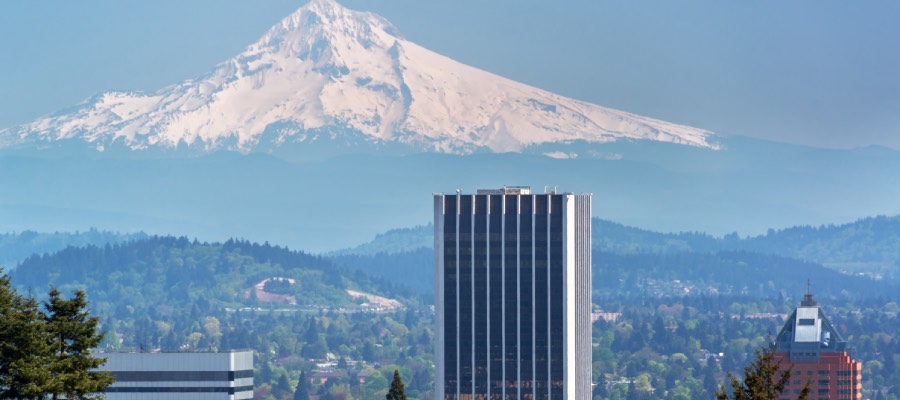
Culture in Oregon
The arts have been a strong element of Oregon’s culture from the very beginning. In 1843, settlers built the first European-style theater in the west based on classic Greek architecture.
Portland is named after its founder, Francis Pettygrove, and has several theaters, including the New Theatre Restaurant and the Northwest Children’s Theater.
The city of Portland is also home to the Oregon Symphony and the Portland Youth Philharmonic. The Oregon Ballet Theatre and Northwest Children’s Theater are based in Portland. At the same time, the Portland Opera, Eugene Opera, and Lake Oswego Festival of the Arts take place in other parts of Oregon.
Sports in Oregon
There are many opportunities for people to take part in sports in Oregon. The Oregon State University in Corvallis is one of the best-known colleges for sports in America.
Basketball is particularly popular in this region, with the men’s team reaching the national final four on several occasions. Another popular sport in Oregon is baseball which has always been associated with Nike, Inc., a major sports company.
The famous Nike ballpark is in Portland, where the Trailblazers play their home games in the National Basketball Association. There are also professional teams playing football, soccer, and ice hockey in Oregon.
The University of Oregon has a strong reputation for sports in this region, with its basketball team reaching the NCAA Championship Final Four on several occasions.
In 1995, the University of Oregon’s sports teams were collectively included in Sports Illustrated magazine’s top 50 all-time greatest sports schools. Other notable colleges with strong teams include the University of Portland and Linfield College.
Oregonians also compete vigorously against other states in baseball, basketball, football, ice hockey, and soccer. Many stadiums in Oregon regularly hold sporting events, including the Hillsboro Stadium, Moda Center, and PGE Park.
The University of Oregon’s sports teams were included in Sports Illustrated magazine’s list of top 50 all-time greatest sports schools in June 1995. Other notable colleges with strong teams include Linfield College and the University of Portland.
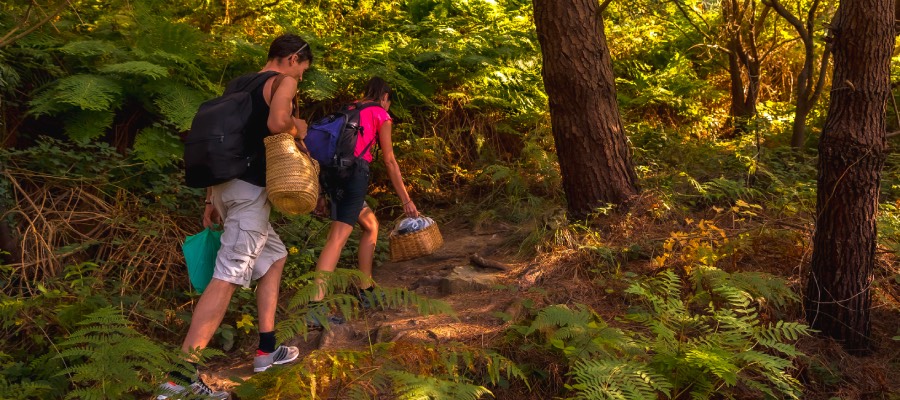
The Economy in Oregon
Oregon’s economy is primarily based around the service industry, accounting for 70% of the state’s GDP. Tourism plays a vital role in Oregon, with the Portland Japanese Garden, Timberline Lodge on Mount Hood, and Crater Lake National Park being some of the most popular attractions.
Net income from farming is another important source of income for Oregonians, with crops such as hazelnuts, strawberries, raspberries, and blueberries being cultivated across the state.
Oregon also has an essential high-tech sector that produces computer equipment, semiconductors, video game consoles, and related products.
The state is home to companies like Intel which take advantage of Oregon’s lower taxes to develop more efficient products.
Oregon has a growing wine industry that includes over 100 wineries throughout the state. In particular, the Willamette Valley is considered one of the best places in Oregon for wine lovers to visit.
Portland is also home to over 30 microbreweries that serve a wide range of beers, from traditional ales and lagers to fruit beers and even gluten-free options.
Housing in Oregon
Housing in Oregon is relatively affordable compared to the rest of America, with less expensive houses due to lower property taxes. However, housing prices are increasing rapidly throughout the state’s major cities, which means many families cannot afford their own homes.
As a result, there has been an increase in the number of residents renting their homes across Oregon. This has led to a shortage of affordable housing, which has forced many people to rely on public assistance programs.
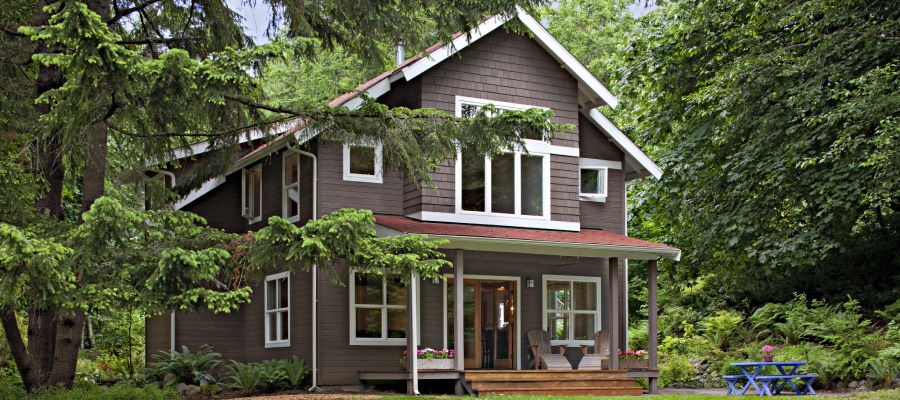
The Average Home Price in Oregon
As in much of the United States, housing prices have increased rapidly throughout the state’s major cities. This led to a shortage of affordable housing, which has increased the demand for government assistance programs such as HUD and Section 8. In May 2021, the median home value in Oregon was $250,200, and the average monthly rent was $1,537.
The Cost of Living in Oregon
The cost of living in Oregon is higher than the national average. In 2020, the average cost of goods and services in Oregon was 125.7% of the national average, with some notable exceptions:
- Housing (19.7% lower)
- Transportation (4% lower)
- Utilities (18.5% higher)
- Health Care (8.1% higher)
Oregon’s Environment
Oregon has some of the cleanest air and water in the country and is known for preserving its greener areas. The state has two national parks, four national forests, and numerous state parks that host a wide range of activities such as:
- Camping
- Fishing
- Hiking
- Biking
- Kayaking
- Skiing
Oregon’s environment includes both forested mountains (such as the Cascades) and arid deserts. The climate in Oregon ranges from mild and rainy along the coast to dry and cold in the eastern highlands.

Things You Should Know Before Moving to Oregon
Moving to a new state can be exciting, but it’s also stressful. There are many things you’ll need to do before moving day arrives, including:
Obtain Oregon Licenses/ID Cards
If you’re planning on working in Oregon, you’ll need an Oregon ID or driver’s license.
Find New Places to Eat and Shop
Moving to a new city means finding new places to eat and shop. Do your research in advance, so you know which stores are in the area or what restaurants serve your favorite dishes.
Find New Friends
Making friends is easy when you move, but it won’t happen until you get out there and start trying. Join some meetup groups in your area, or take a walk around the neighborhood in the evening.
Change Your Address
To ensure that your mail and packages are delivered to you promptly, contact the US Postal Service before moving day so they can start forwarding mail to your new address. They also have helpful information about what you need to do when moving out of state.
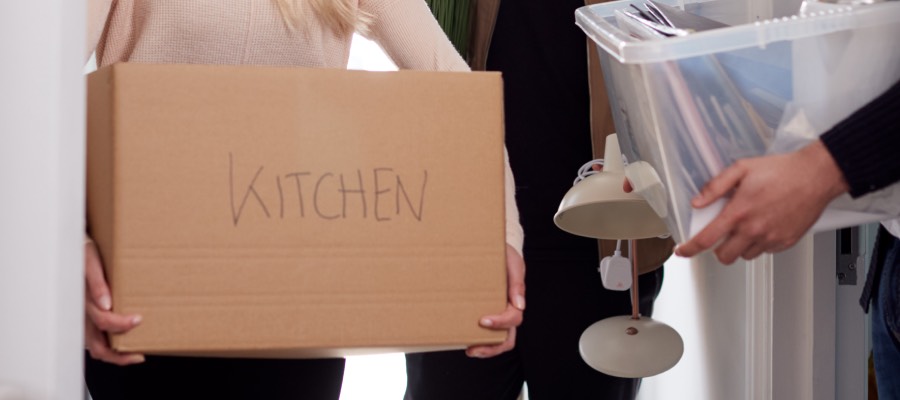
Pack and Label Everything
Moving day arrives sooner than you think, so be sure to pack and label all your items as quickly as possible. This will save time and money on moving day.

A Short Summary of Living in Oregon
Oregon is a beautiful place with many things to see and do. There are many reasons why people move there, but it’s nice to be well prepared for a new change.
The cost of living is high, so this might discourage someone from relocating, but it’s totally worth it. Even though moving to Oregon is not an easy task, it’s still rewarding at the end of the day.
Whether you’re coming from Denver or another city in Colorado, we hope these tips were helpful! Visit our packing supplies page to read more about the boxes and moving supplies you may need for your long-distance move to Oregon.

